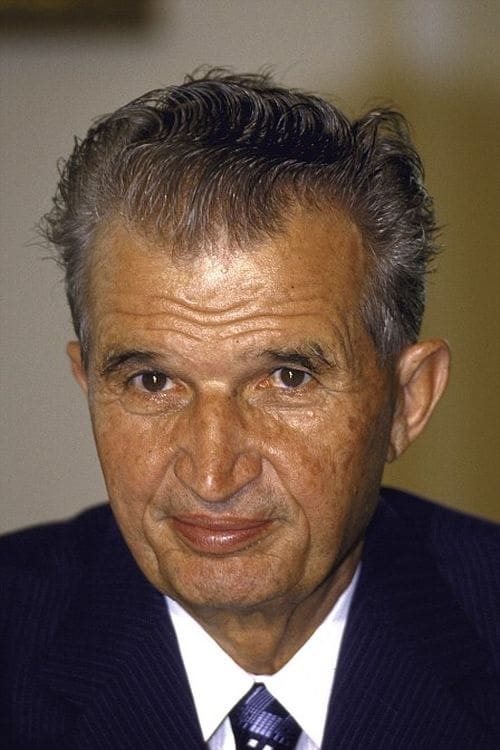Nicolae Ceaușescu
출생 : 1918-01-26, Scornicești, România
사망 : 1989-12-25
약력
Nicolae Ceaușescu (5 February [O.S. 23 January] 1918[1] – 25 December 1989) was a Romanian communist politician and dictator. He was the general secretary of the Romanian Communist Party from 1965 to 1989, and the second and last Communist leader of Romania. He was also the country's head of state from 1967, serving as President of the State Council and from 1974 concurrently as President of the Republic, until his overthrow and execution in the Romanian Revolution in December 1989, part of a series of anti-Communist uprisings in Eastern Europe that year.

Self (archive footage)
Documentary on the Romanian rock band Phoenix.

Himself
1968, The Socialist Republic of Romania. Women catch up on the latest tendencies in beachwear, the young hippies of Hamburg are harshly criticized by Romanian students, while Nicolae Ceaușescu reads the famous defiance speech against the intervention of the Warsaw Pact troops in Czechoslovakia. Floating solemnly over all this is The Internationale, sung on a stadium by a crowd of pioneers dressed in white shirts and red ties. A certainty for each probability: the documentary is at the same time a history lesson and an ideological warning sign, the director’s endeavour permanently draws our attention to the functions of the propaganda film, yet without tarnishing the fascination that dwells in the core of the images, that of the figures that wave at us from a past buried in commonplaces and political parti pris.
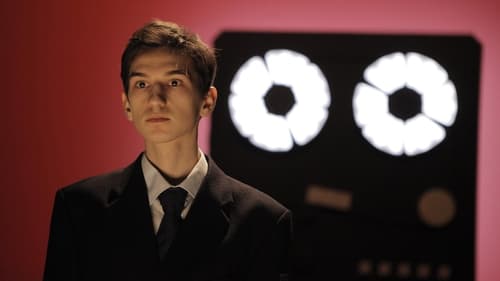
Self (archive footage)
In 1981, chalk slogans written in uppercase letters started appearing in public spaces in the Romanian city of Botoşani. They demanded freedom, alluded to the democratic developments taking place in Romania’s socialist sister countries or simply called for improvements in the food supply. Mugur Călinescu was behind them, who was still at school at the time and whose case is documented in the files of the Romanian secret police. Theatre director Gianina Cărbunariu created a documentary play based on this material.

Self (archive footage)
Two journalists born in the mid '80s decide to take a look back at how their country changed in the last 30 years since the fall of communism. The end product is a documentary containing footage of political events and historical milestones significant to Romania accompanied by a narrator's voice walking the viewer through the events, and also interviews with Romanian politicians and other influential public figures sharing their thoughts and their different views on those events.
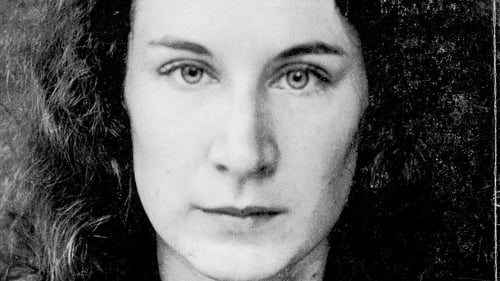
Self - Politician (archive footage)
The views and thoughts of Canadian writer Margaret Atwood have never been more relevant than today. Readers turn to her work for answers as they confront the rise of authoritarian leaders, deal with increasingly intrusive technologies, and discuss climate change. Her books are useful as survival tools for hard times. But few know her private life. Who is the woman behind the stories? How does she always seem to know what is coming?
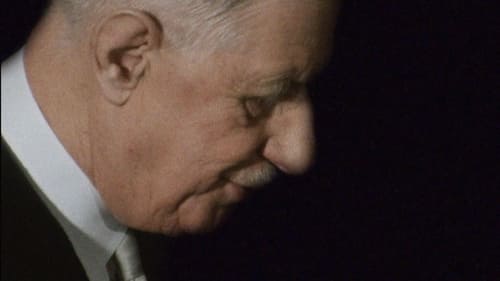
Self (archive footage)
Charles de Gaulle, the first president (1958-1969) of the Vth Republic, France’s current system of government, left his mark on the country . He was statesman of action and has been compared to a monarch. This film depicts the general’s personality through the great events of his presidential term, at a time when the world was undergoing considerable changes.
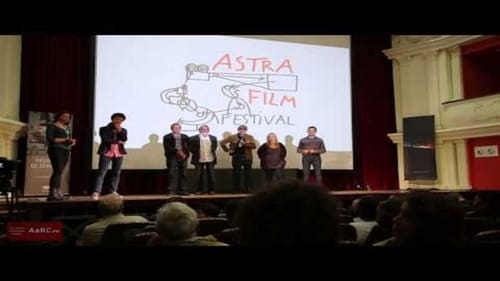
Himself (archive footage)
A first hand account of one of the biggest cases of human trafficking during the Cold War. A story of greed, courage, hope and remorse.
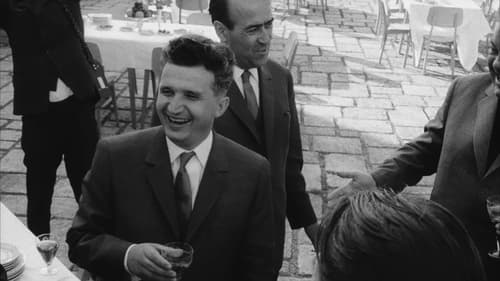
Himself (archive footage)
The three-hour-long documentary covers 25 years in the life of Nicolae Ceaușescu and was made using 1,000 hours of original footage from the National Archives of Romania.
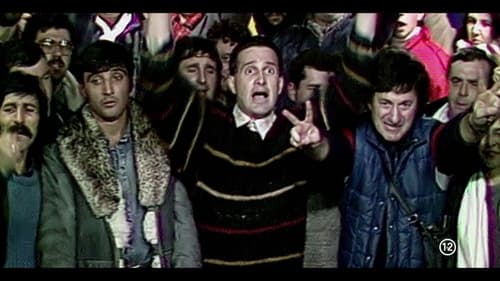
himself (archive footage)
시민들의 힘으로 차우세스쿠의 독재정부가 무너지고 정치적 전복이 일어났던 4일간, 역사는 책이 아닌 카메라로 기록 된다. 파로키 감독은 12월 21일부터 25일까지의 행적이 담긴 영상 기록을 재구성함으로써 역사와 영상의 관계, 이미지를 통한 이데올로기의 재생산 문제를 제기한다. (2007년 한국시네마테크협의회 - 하룬 파로키 특별전)

Self (archive footage)
Veteran journalist and author Edward Behr spent a year investigating the rise and fall of Nicolae Ceausescu. Executed on Christmas Day 1989, Ceausescu was once a hero to his own people, and in the west. Behr's film reveals the truth behind the myth, in a tale of megalomania, farce, and horror.
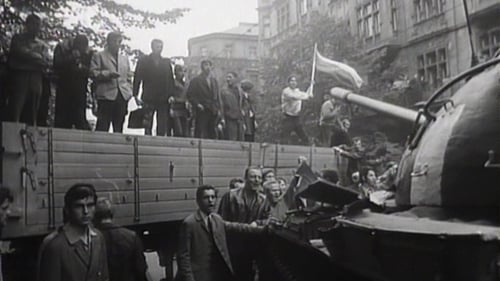
Self (archive footage)
Filmmaker Jan Nemec and his crew risked their lives to create this historic documentary account of the 1968 Soviet invasion of Czechoslovakia. The award-winning work is the only filmed record of the invasion. Oratorio for Prague began as a study of the liberalization of Czechoslovakia and then continued when the Russian forces moved in. The gripping footage was broadcast by television, providing the first report of the event. In addition to the news footage, the film features never-before-viewed scenes taken prior to the invasion that crushed Prague's anti-Communist movement.

Self
